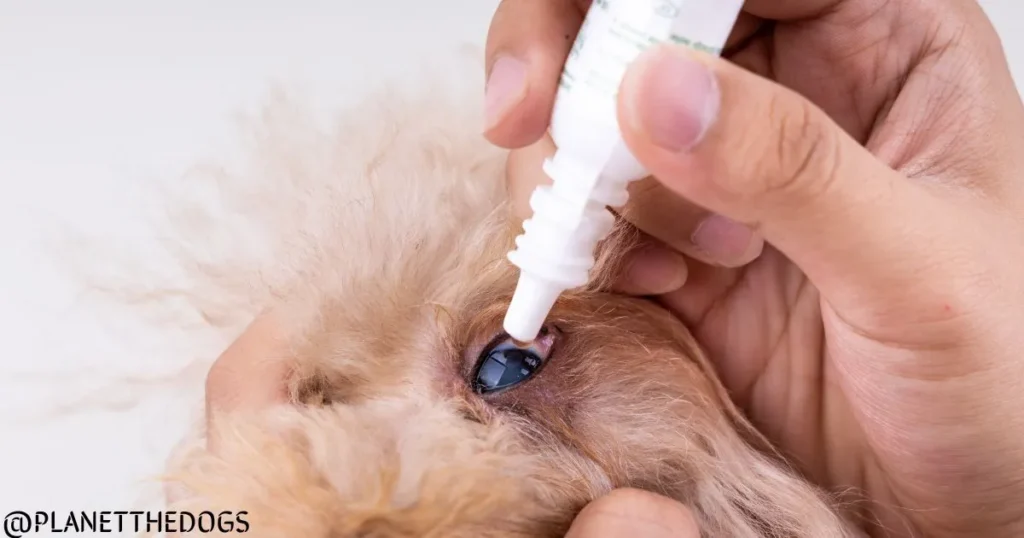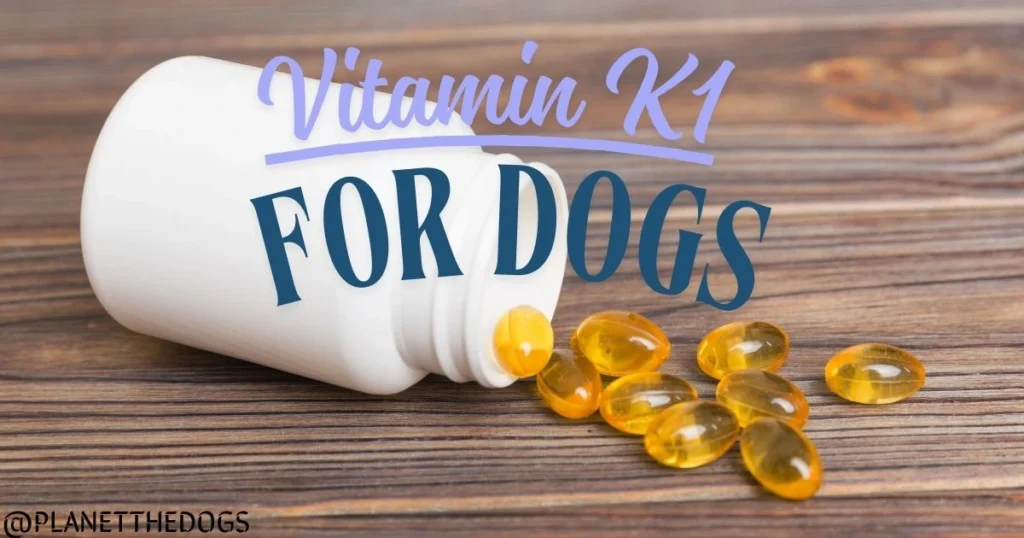Can Dogs Eat Marshmallows? Everything You Need to Know
Dog owners often wonder, can dogs eat marshmallows? These fluffy white treats might seem harmless. But they could pose unexpected risks for your furry friend. Pet nutrition experts warn that not all marshmallows are safe for dogs.
It’s important to know the dangers of marshmallows for your pet’s health. Dogs might want these treats, but their safety comes first. This guide will cover the risks, ingredients, and safer options for your pet.
Table of Contents
Key Takeaways
- Marshmallows are not recommended for dogs
- Sugar-free marshmallows can be extremely toxic
- Some marshmallow ingredients pose serious health risks
- Dogs require specialized treats designed for their nutritional needs
- Always consult a veterinarian about safe dog treats
- Xylitol in marshmallows can be life-threatening for dogs
Understanding Marshmallows and Their Ingredients
Marshmallows might seem like a harmless treat, but they can be risky for dogs. Pet owners need to know about these risks. These treats have ingredients that can harm dogs.
Common Marshmallow Ingredients
Marshmallows usually have sugar, corn syrup, gelatin, and artificial flavors. These ingredients make a sweet treat that dogs find irresistible. It’s important for pet owners to know the health risks in these snacks. Learn more about harmful ingredients for dogs.
Varieties of Marshmallows
There are many types of marshmallows, from traditional to gourmet. Some have chocolate or fruit flavors added.
“Not all marshmallows are created equal when it comes to dog safety,”
veterinary nutritionists warn.
Nutritional Breakdown
Marshmallows have no nutritional value for dogs. They are just empty calories with sugar and artificial stuff. A single marshmallow has up to 4 grams of sugar. This is too much for dogs and can cause obesity and dental issues.
Knowing what’s in marshmallows helps pet owners choose better treats for their dogs.
Can Dogs Eat Marshmallows: Safety and Risks

Pet owners often wonder if they can share human snacks with their dogs. Marshmallows are a big no-no. They’re not toxic right away, but they’re not good for dogs either.
Marshmallows have too much sugar and can be harmful. They can make dogs gain weight, hurt their teeth, and even lead to diabetes. A single marshmallow might seem harmless, but it can disrupt your dog’s balanced diet.
“Prevention is always better than treatment when it comes to your dog’s health.” – Veterinary Nutrition Experts
Marshmallows also have artificial sweeteners and additives that can be bad. Some have xylitol, which is very toxic to dogs. Even regular marshmallows can upset a dog’s stomach, cause diarrhea, and be a choking hazard for small dogs.
Vets say it’s best to avoid marshmallows. If your dog eats one, watch them for any odd signs. A little bit might not hurt right away, but eating them often can cause big problems later.
The best thing is to give your dog treats made just for them. They need snacks that are good for their health and happiness.
The Dangers of Sugar-Free Marshmallows for Dogs
Pet owners need to be very careful about sugar-free marshmallows. They can be very dangerous for dogs. These treats often have a hidden danger that can be deadly.
Understanding Xylitol Toxicity
Xylitol in marshmallows and dogs is a dangerous mix. It can cause a dog’s blood sugar to drop very fast. This can lead to serious health problems very quickly.
Critical Symptoms of Xylitol Poisoning
Watch for these signs of xylitol poisoning in dogs:
- Sudden weakness
- Vomiting
- Seizures
- Loss of coordination
- Collapse
Immediate Emergency Response
If your dog eats sugar-free marshmallows with xylitol, act fast:
“Contact your veterinarian or emergency animal hospital immediately. Time is critical in xylitol poisoning cases.”
Getting your dog to a vet quickly can help a lot. Don’t wait to see if symptoms show up. Quick action is key to avoiding serious health issues.
Health Impact of Regular Marshmallows on Dogs
Feeding marshmallows to dogs might seem harmless, but these sweet treats can pose significant health risks. Pet owners should understand the potential consequences of introducing marshmallows into their dog’s diet.
Regular marshmallows are packed with sugar, which can lead to serious health problems for dogs. Excessive sugar consumption may trigger rapid weight gain and contribute to dental issues. Dogs metabolize sugar differently from humans, making marshmallow risks for dogs particularly concerning.
“A single marshmallow might not seem dangerous, but repeated treats can create long-term health complications,” warns veterinary nutritionists.
The high sugar content in marshmallows can potentially cause digestive problems for dogs. Frequent consumption might lead to upset stomachs, diarrhea, and potential insulin resistance. Smaller dogs are especially vulnerable to these negative health impacts.
Marshmallow risks for dogs extend beyond immediate digestive concerns. Consistent sugar intake can contribute to obesity, diabetes, and other metabolic disorders. Pet owners should prioritize nutritionally balanced treats specifically designed for canine dietary needs. Check out this guide on canine nutrition.
While an occasional marshmallow might not cause immediate harm, responsible pet owners should avoid regular feeding of these sugary snacks. Consult with a veterinarian to understand the best treat options for your furry companion. See our article on safe fruits for dogs.
Healthy Alternatives to Marshmallows for Dogs
Pet owners looking for safe and tasty snacks have many options. Marshmallows can be harmful, but there are healthier choices that dogs love.
Natural Sweet Treats Dogs Love
Healthy snacks for dogs include fresh fruits like blueberries, strawberries, and watermelon. These fruits are full of vitamins and taste great. Always remove seeds and cut fruits into small, manageable pieces to prevent choking.
Commercial Dog Treat Options
Pet stores have many safe and tasty treats for dogs. Brands like Wellness, Blue Buffalo, and Canine Carry-Outs offer low-sugar, vet-approved options. These treats meet dogs’ nutritional needs. Discover top-rated dog treats here.
Homemade Treat Recipes
“Homemade treats allow you to control ingredients and ensure your dog’s health,” says veterinary nutritionist Dr. Sarah Klein.
Homemade treats are easy to make, like peanut butter and pumpkin biscuits or frozen banana treats. These options are safe and free from artificial sugars and harmful additives.
When introducing new treats, do it slowly. Also, talk to your vet about the right amount for your dog’s diet.
Conclusion
Can dogs eat marshmallows? The answer is no. These treats are bad for your dog’s health. They have too much sugar and no good nutrients for dogs.
Sugar-free marshmallows are even worse. They can cause serious health problems because of xylitol. This is a big risk for your dog.
It’s important to think about what your dog eats. Marshmallows are not safe for dogs. Instead, give them treats made just for dogs. These treats are good for them and fun to eat.
Keeping your dog safe is key. Always check food labels and talk to your vet about treats. Keep human food away from your dog. This helps keep them healthy and happy.
Every dog is different. What might seem safe could be very dangerous. Always be careful with new foods. If you’re worried, talk to your vet.
FAQ
Are marshmallows completely safe for dogs to eat?
No, marshmallows are not safe for dogs. They have a lot of sugar and artificial additives. They can also have xylitol, which is very bad for dogs and can cause serious health problems.
What makes sugar-free marshmallows especially dangerous for dogs?
Sugar-free marshmallows have xylitol, which is very toxic to dogs. Even a little bit can cause big problems. It can lead to low blood sugar, liver failure, and even be life-threatening.
How many marshmallows would it take to harm my dog?
Just one marshmallow can be a problem, especially if it has xylitol. Regular marshmallows can cause stomach issues or choking in small dogs. Even big dogs shouldn’t eat them.
What symptoms should I watch for if my dog accidentally eats marshmallows?
Look for vomiting, diarrhea, feeling tired, not wanting to eat, weakness, seizures, or belly pain. If it’s xylitol, watch for a fast heart rate and trouble walking.
Are there any safe alternatives to marshmallows for dogs?
Yes! Good choices are fresh fruits like blueberries, small apple pieces (without seeds), carrots, or dog treats made just for them.
What should I do if my dog eats marshmallows?
First, figure out what kind and how many marshmallows they ate. If it’s xylitol, call your vet or pet poison helpline right away. For regular marshmallows, watch for bad reactions and talk to your vet if you see any.
Can occasional marshmallows be a treat for my dog?
No, it’s best to not give marshmallows to dogs. They have too much sugar, can be toxic, and aren’t good for them. They’re not a good treat for your furry friend.








